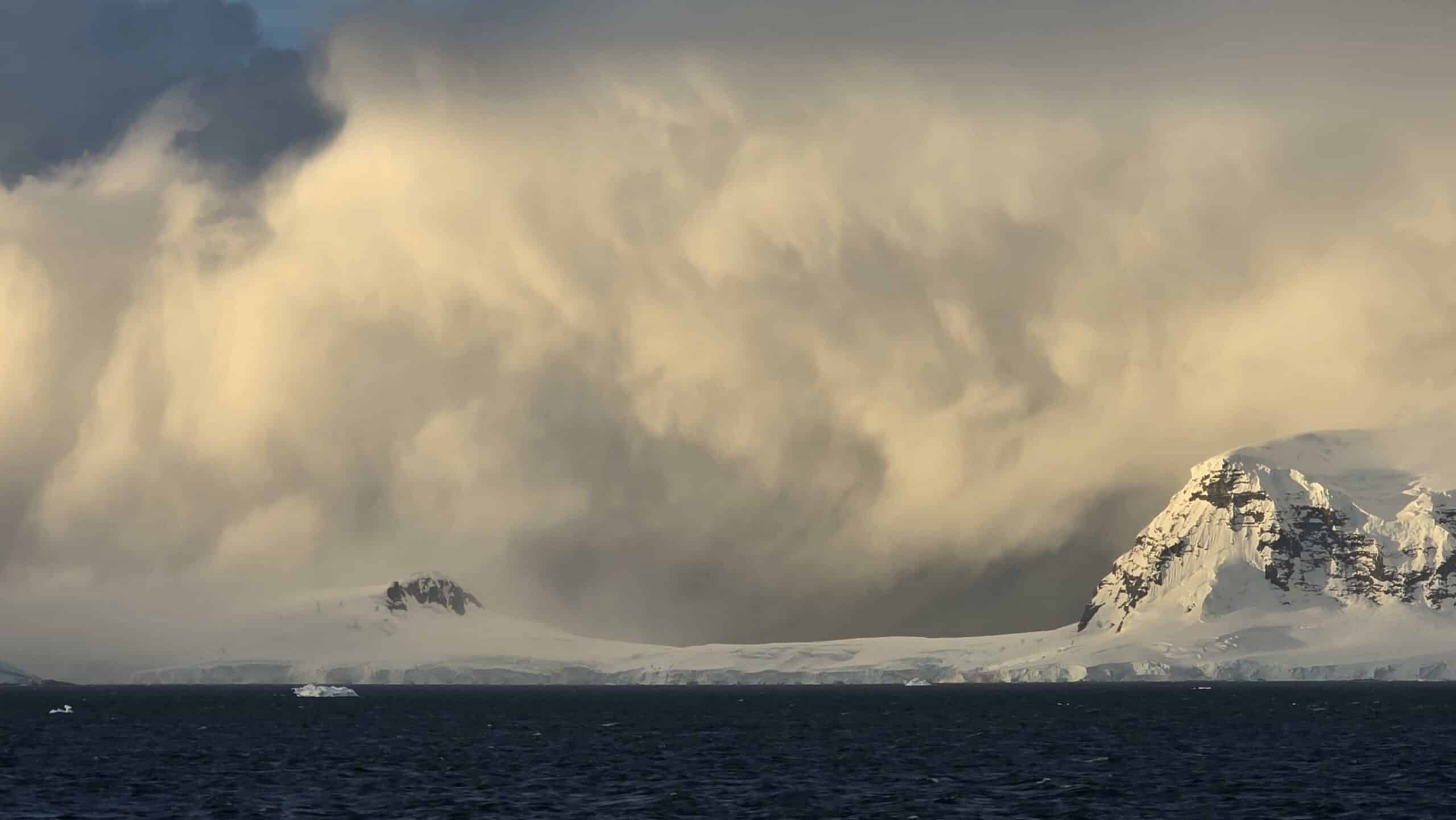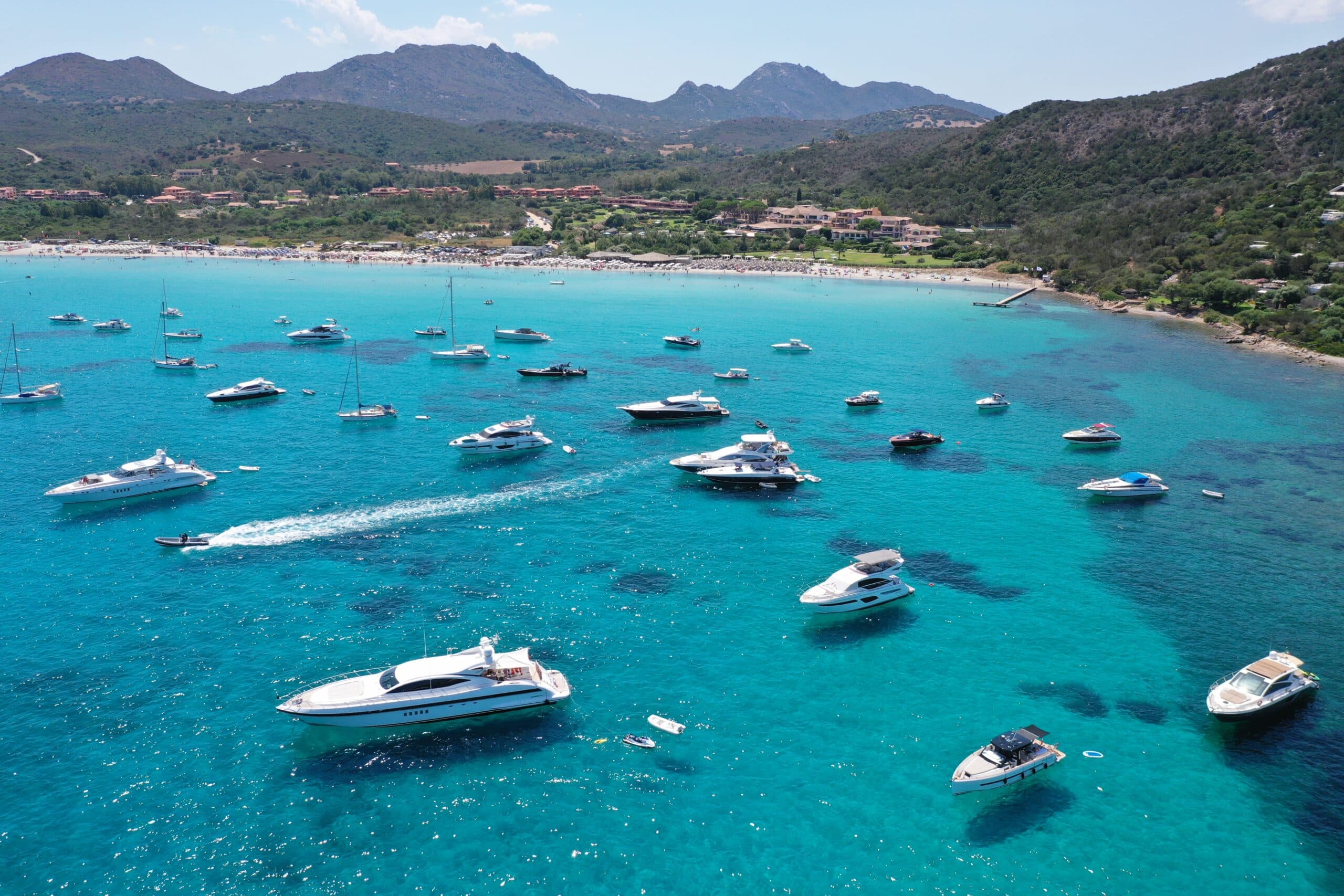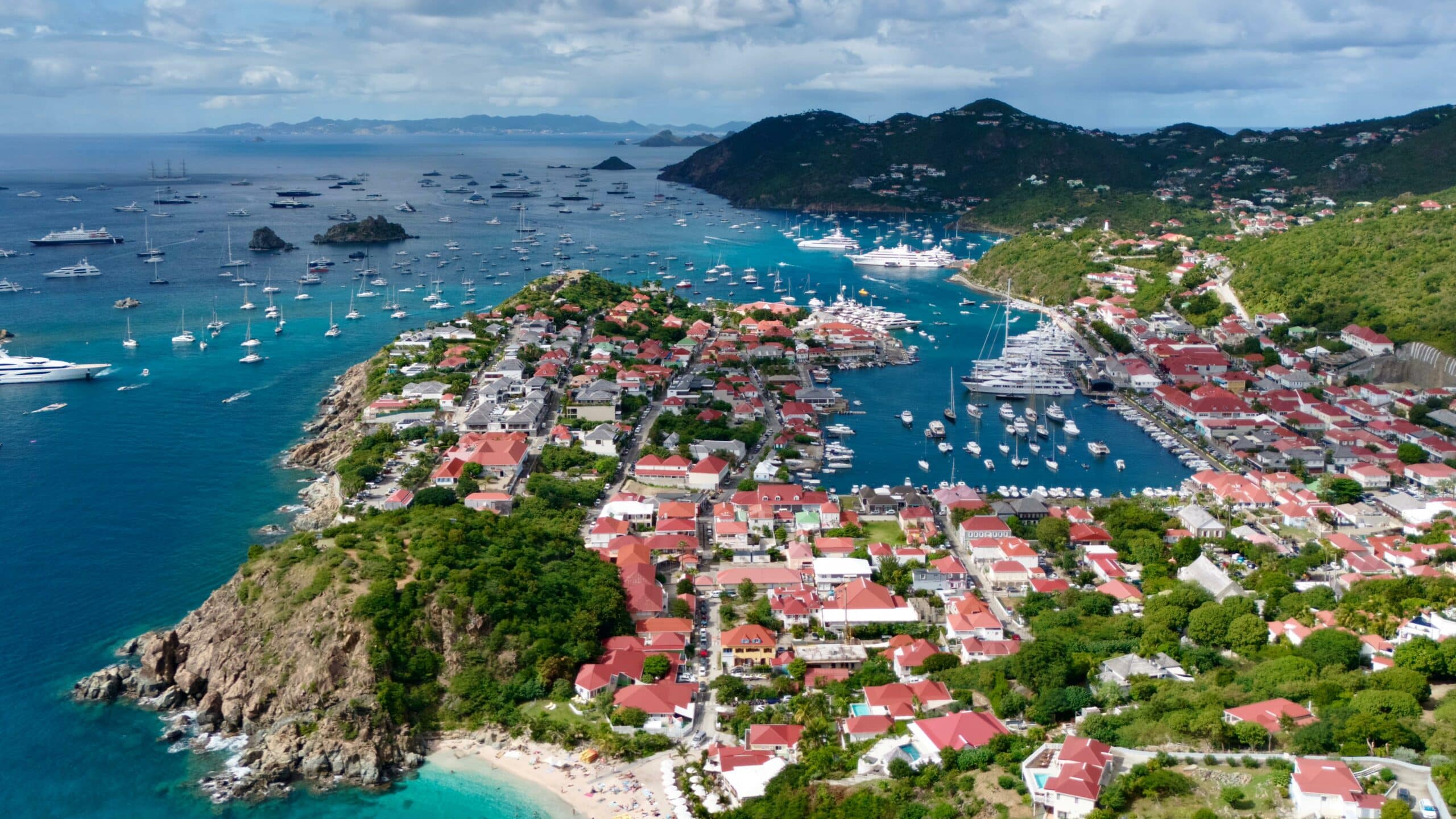Sailing gives us the opportunity to experience the ocean in a unique and unforgettable way, allowing tourists to visit some of the most beautiful marinas in the world. But our oceans, seas, coastlines, and therefore, destinations, are under increasing threat from rising CO2 levels. Ocean acidification is one consequence of rising CO2 levels. It has already started changing the chemical makeup of our seas and, as a result, is impacting natural ecosystems, marine life, tourism, vital food supplies and the Blue economy.
Without swift action, rising acidity levels will cause irreparable damage to the Ocean and, in turn, the communities and economies that depend on it. Fortunately, there are steps we can take to stem the tide.
What is ocean acidification?
The Ocean is the planet’s largest carbon sink, absorbing 25% of global CO2 emissions and 90% of the excess heat from these emissions. It therefore plays a key role in stabilising the earth’s climate. Unsurprisingly, rising CO2 emissions have put our Ocean under immense strain, knocking its delicate equilibrium off balance.
Ocean acidification occurs when seawater absorbs excess carbon dioxide (CO2) from the atmosphere. The combination of H2O and CO2 forms carbonic acid (H2CO3), which then breaks down into hydrogen ions (H+) and bicarbonate ions (HCO3). These hydrogen ions reduce the pH level of the water, making it more acidic and more inhospitable to many forms of marine life.
How serious is the threat?
The impact of ocean acidification is varied and far-reaching, encompassing environmental, economical and societal issues that affect the lives of billions of people.
As the world’s waters become more acidic, the availability of carbonate ions is reduced. From calcareous plankton and pteropods to oysters and corals, there are a wide range of species that are dependent on carbonate ions to survive. In a recent study, pteropods were placed in seawater with carbon ion and pH levels forecasted for 2100, only for their shells to dissolve within just 45 days (PMEL).
Many of these carbonate ion-dependent species are critical components of complex food chains. Pteropods, or ‘sea butterflies’, are devoured by a whole range of organisms, including krill, tuna, shrimp, squid, whales, seabirds and many more.
In addition, the more acidic we allow the oceans to become, the less CO2 it will be able to absorb in the future. As a result, we’ll see atmospheric CO2 levels rise even further.
Without swift CO2 reductions, ocean acidification will continue at an alarming rate and, as a result, our environment will succumb to irreversible change and irreparable damage.
Does yachting contribute to ocean acidification?
Yachting emits an estimated 5-6 million tons of CO2 into the atmosphere per year. Any activity that produces CO2 emissions can be said to contribute to ocean acidification, as it is the CO2 in the atmosphere that is absorbed into seawater. However, shipping as a whole is a notable contributor to ocean acidification as emissions from waterborne vessels are emitted directly into or in close proximity to the water.
The damage that CO2 and other harmful gases such as sulphur oxides (SOx) and nitric oxides (NOx) cause is most likely to affect nearby waterways and coastlines. So, the most popular areas for commercial shipping and recreational yachting are also those more likely to sustain damage due to ocean acidification.
How does this affect destinations?
Ocean acidification indirectly affects yachting by altering marine environments that are central to yachting and ocean-based tourism. Popular yachting destinations known for diving or fishing, for example, will be impacted. Coral reefs are significant attractions, providing biodiversity hotspots that draw recreational boats.
For example, the Great Barrier Reef is valued at an estimated $56 billion in terms of its total contribution to Australia’s economy, and 64,000 jobs rely on it. The Reef has suffered four mass coral bleaching events in just seven years due to heat stress caused by rising ocean temperatures, and a reduction in visits to the reef has been reported as a result. Rising ocean temperatures are directly linked to rising atmospheric temperatures, caused by climate change. While a balancing act is required between over and under-tourism in terms of preserving the Reef’s health, local coastal communities rely on a healthy reef.
In addition to the devastating loss of marine life, irreparable damage to coastal communities and the loss of critical ecosystems, continued acidification is predicted to wipe $400 billion from the global economy (Economist Impact, (2023)).
Reducing CO2 emissions at sea
The jury’s still out on whether ocean acidification can be fully reversed, but one thing is certain: urgent action is required if we are to avoid causing further harm to our oceans.
Minimising CO2 emissions from yachting and the wider shipping community will have a considerable impact on ocean acidification and the climate crisis as a whole. Crucially, a reduction in yachting and shipping emissions will help to prevent ‘dead zones’ occurring close to popular shipping routes, as well as protecting the coastal communities that are a much-loved part of the yachting ecosystem.
Our flagship tool – the SEA Index certification – is already being used by superyacht owners to analyse the CO2 emissions of yachts over 25 metres. Based on the EEDI / EEXI formulated by the IMO and adapted specifically for the superyacht sector, the SEA Index sets the benchmark for carbon emissions standards and offers an independent, unbiased and easy-to-use assessment process.
Ports, marinas and destinations can also help to protect our oceans by encouraging ‘responsible tourism’ and taking steps to reduce their own emissions. By joining our network, locations can incentivise and reward SEA Index certification holders that have achieved 3 stars or more, thus attracting more eco-conscious yachters to their destination.
Preserving the Oceans for Future Generations
At SEA Index, we’re passionate about preserving the world’s oceans so that future generations can enjoy our spectacular environment. While the climate crisis poses a threat to every citizen of the earth, ocean enthusiasts are more keenly aware of the damage that rising emissions and acidification can cause.
Join us in our mission to safeguard the oceans and help protect the waters and coastlines that are so integral to our yachting community.
→ Find our how to join our Port and Marina network
→ Contact us to learn about the SEA Index certification process
